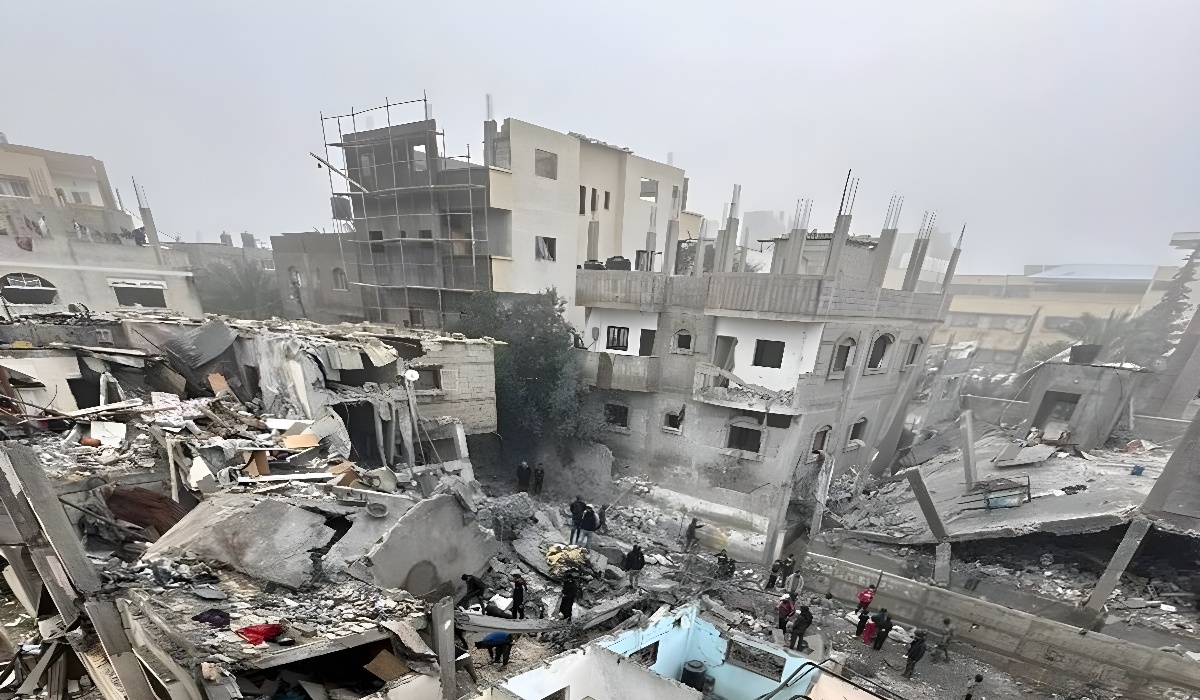IDF Escalates Assault on Rafah, Despite Prior Evacuation Orders
- Naomi Dela Cruz
- Middle East
- Trending
- February 12, 2024

Image credit, @palinfoen
The Israeli Defense Forces (IDF) have intensified their assault on the city of Rafah, contradicting their prior evacuation orders for Palestinians to seek refuge in the area now under attack. Disturbing scenes of death and destruction, including civilians and children caught in the crossfire, are circulating globally, sparking widespread outrage.
According to the Israeli Defense Forces (IDF), the strike on Rafah was conducted to free hostages taken during the Oct. 7 attack by Hamas. The IDF reports that members of the Shin Bet security agency and the Yamam counterterrorism unit successfully rescued two hostages in South Gaza. The most recent Israeli government update indicates that 130 individuals are still being held hostage.
Amidst the rubble and chaos, concerns are mounting of escalation of the war throughout the region with the potential to draw Egypt into the conflict. The international community grapples not only with the looming specter of a broader regional conflict but also with the humanitarian crisis in Rafah and Gaza. The intricate geopolitical dynamics pose a formidable challenge for those seeking to intervene and broker peace.
Diplomats and global leaders are meeting regularly to tackle the swiftly worsening situation, marked by the absence of a ceasefire call from the US. Further complicating matters, the Biden Administration expresses non-support for the ongoing military operations in Rafah. However, conflicting actions persist, given their significant role as the primary financial supporter of Israel. This backing comprises financial aid, political assistance, and the recent approval of a bill directing $14 billion in US taxpayer funds to strengthen Israel’s capabilities.
This development raises questions about the consistency of US foreign policy and its commitment to its stated positions. The delicate balance of power in the region now hangs precariously, placing the international community at a critical juncture. Urgent intervention is paramount as world leaders grapple with the monumental task of diffusing tensions, securing a ceasefire, and charting a path toward lasting peace in a region teetering on the brink of catastrophe. The world watches with bated breath as events unfold, aware that the contradictions in international responses could further complicate an already dire situation.








